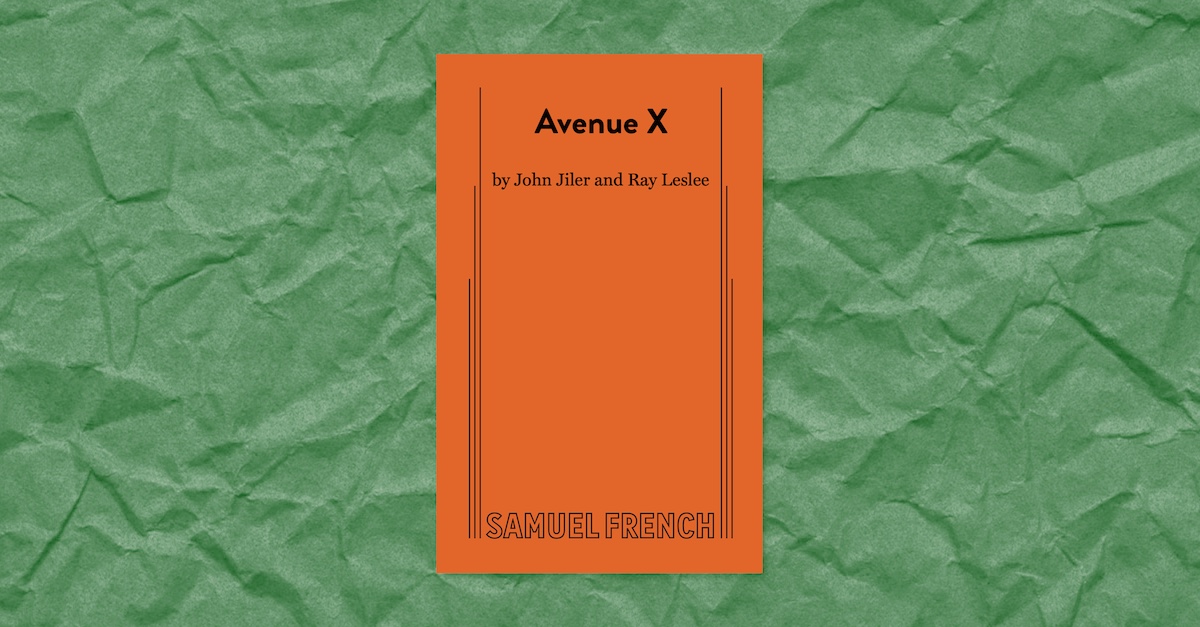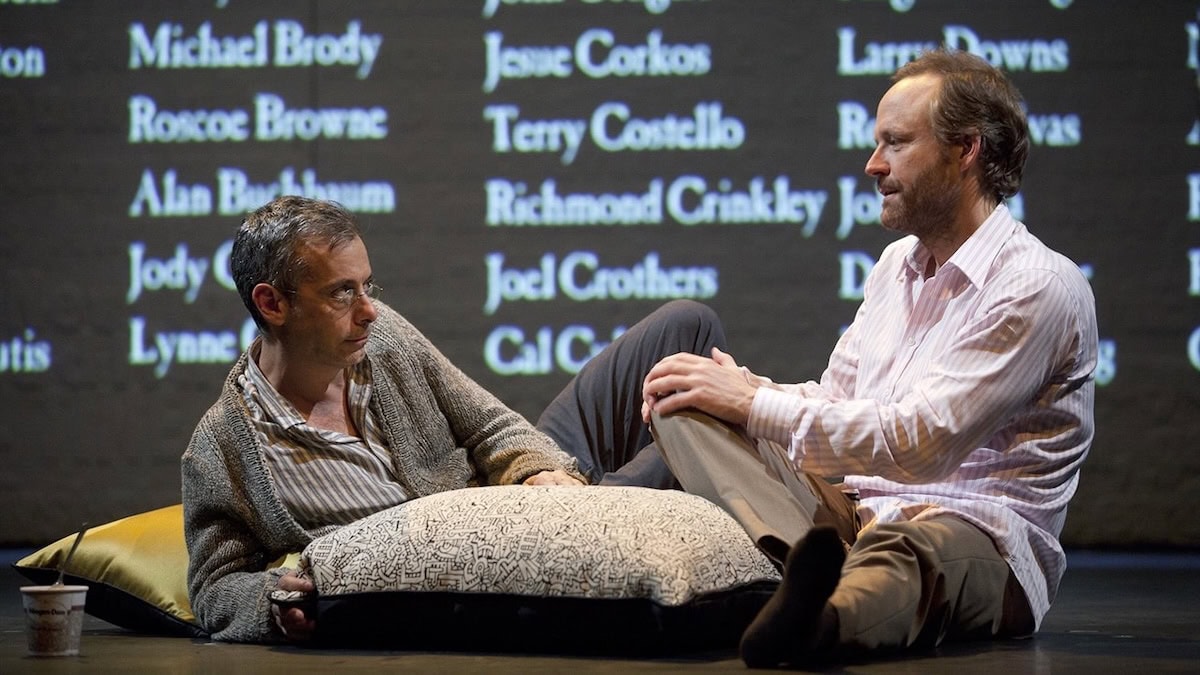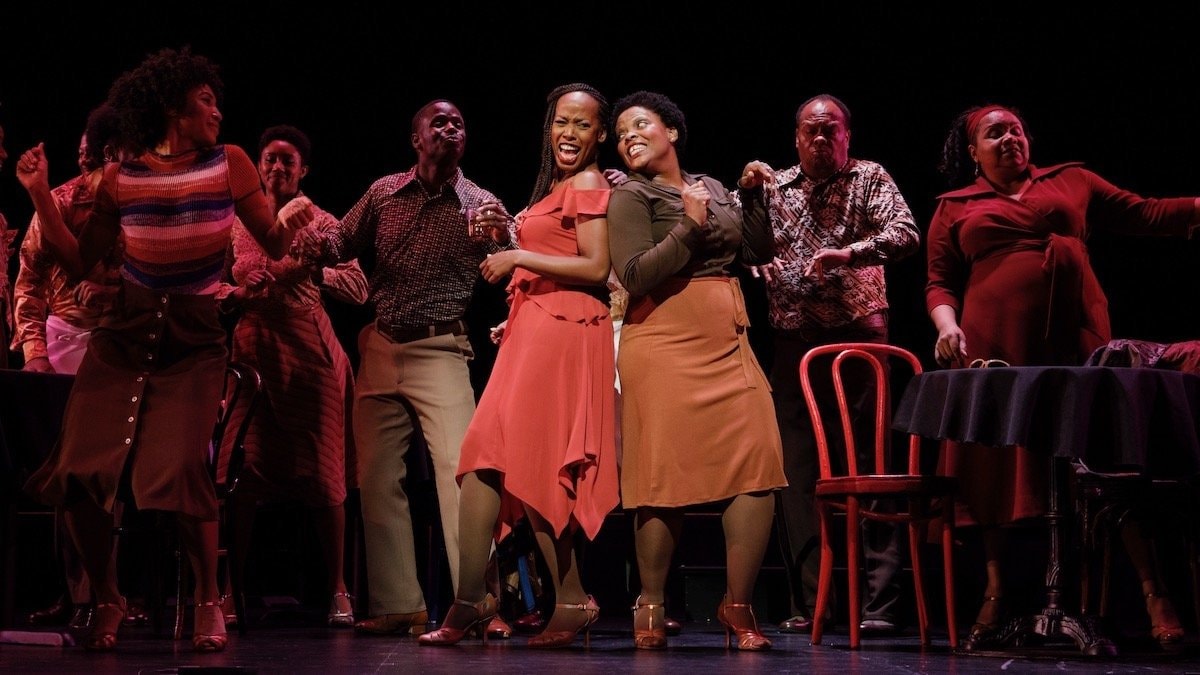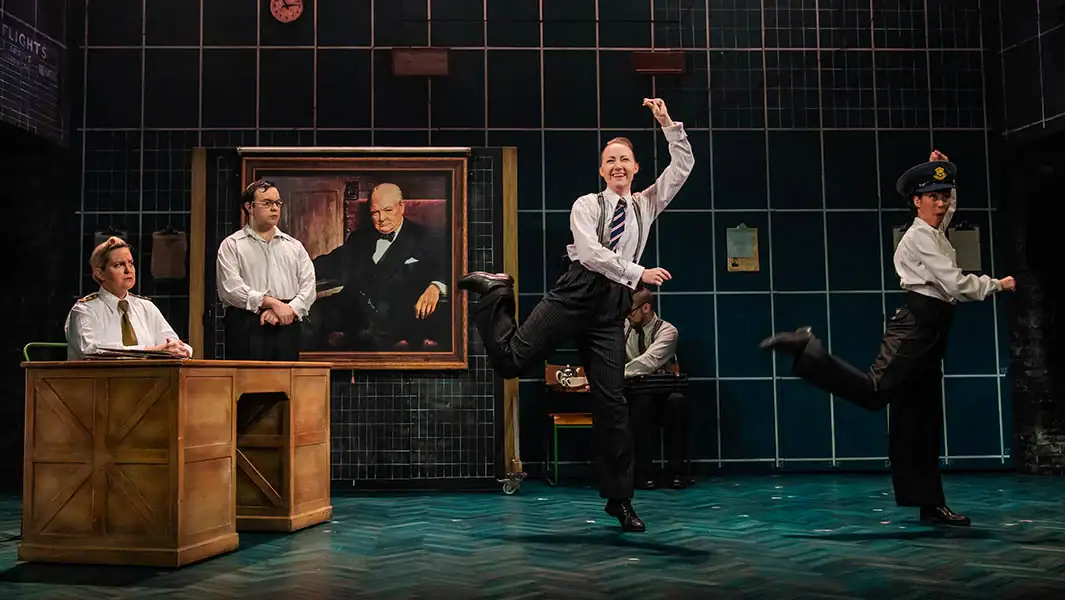
John Jiler and Ray Leslee, co-creators of Avenue X, an a cappella musical addressing racism through the lens of Black and Italian neighbors in Brooklyn in 1963, discuss the show’s enduring relevance.
We all still live on Avenue X.
As events in Ferguson, Baltimore, South Florida and Staten Island have shown us, racism will not easily die. Here we sit, 60 years after Brown vs. the Board of Education, with computers that have changed the world, with laser surgery that can repair your knee in seconds… but we still haven’t figured out how to get along with each other.
When our musical Avenue X debuted at Playwrights Horizons in the 1990s, it seemed like a huge risk. Could an a cappella musical, especially one about racism, succeed in an over-amplified age? Would the raw sound of the naked human voice excite an audience, or put it to sleep? We didn’t know, but we felt it was the truest way to tell our story. New Yorkers had just been shocked by the murder of a black teenager in Brooklyn by a gang of young Italians — and these two groups that were the undisputed masters of the sweet, street-corner a cappella rock ’n’ roll of the 1960s.
It was the very soundtrack of our youth. Vincent Canby, reviewing Avenue X in The New York Times, called the 1960s “a seemingly more innocent time.” African American and Italian groups crooned under lampposts throughout the long, hot summer nights, and the music ran right back through both cultures with echos of gospel, slave chants, bel canto and opera. We realized that to fully research and tell our story, we’d have to travel well beyond the confines of Brooklyn.
We began by going to the Sea Islands of Georgia, and listening to the Gullah sounds that originated with isolated slave colonies. But it was when we journeyed to Sicily that everything truly aligned. Even as we were seduced by gorgeous melodies resonating through tiny whitewashed churches, we learned that southern Italians were condemned by northerners as lazy, unclean, violent — every label they then laid on African Americans once they got to Brooklyn. So here was an idea for a musical as innovative, we dared to hope, as a Showboat. We workshopped Avenue X at the O’Neill Theatre Center, and were thrilled to observe that the a cappella sound seemed to satisfy a longing, and even a craving in our audience.
It’s safe to say, though, that we would have traded all the subsequent success of Avenue X for something to make it irrelevant. Maybe it was naïve to think that the sweet sounds of a cappella rock ’n’ roll could truly float from one side of our troubled Avenue to the other, and be a bridge across it. But wherever in the world we see Avenue X — at theatres as divergent as the Wilma in Philadelphia, the Alliance in Atlanta, the Cincinnati Playhouse or the Vienna Chamber Opera — we can’t watch the last act without being hopeful. Our young African American and Italian heroes stand on a subway platform, rehearsing frantically for amateur night at the legendary Brooklyn Fox Theatre — an appearance which tragedy will prevent them from making. From our point of view, they’re rehearsing on behalf of all of us. And maybe someday we’ll get it right.
To license a production of Avenue X, visit Concord Theatricals.

The Truth Behind… The Normal Heart

Musical Revues

